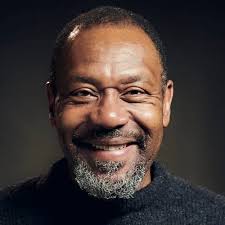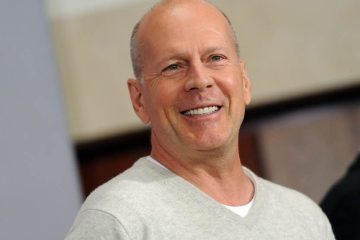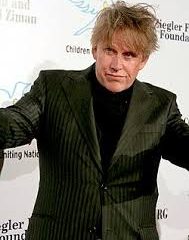Lenny Henry: Celebrating a Comedic Legend and Activist

Introduction
Lenny Henry is a unique figure in British entertainment, recognised for his multifaceted talents as a comedian, actor, and writer. His significance extends beyond humour, encompassing advocacy for diversity within the arts, making him a pivotal personality in contemporary British culture. As he continues to impact the landscape of comedy and television, understanding his journey and contributions is vital.
The Rise of Lenny Henry
Born in Dudley, England, in 1958, Lenny Henry began his career at an early age, first gaining recognition in the 1970s as a performer on New Faces. His ability to create memorable characters and provide social commentary through humour quickly won him a large audience. By the early 1980s, he became a household name in the UK, particularly with his role in The Lenny Henry Show, which showcased his comedic genius and affection for impersonations.
Achievements and Contributions
Over the decades, Henry’s career has flourished across various media, including television, theatre, and film. Notable credits include his work on Chef!, Broadchurch, and more recently, a dramatic role in the BBC special, Yesterday. With a successful comedy career, he has released several stand-up specials and authored books exploring his life and experiences.
In addition to his entertainment career, Henry is a well-respected advocate for social issues, particularly in promoting racial diversity and representation in the arts. He co-founded the charity Comic Relief with Richard Curtis, helping to raise millions for humanitarian causes. His commitment has earned him numerous accolades, including a Knighthood in 2015 for services to drama and charity.
Recent Developments and Future Endeavours
Currently, Lenny Henry continues to be active in the entertainment industry, demonstrating his versatility with new projects poised for release. He recently announced involvement in a new adaptation of a classic novel for television, further reinforcing his adaptability and relevance in modern storytelling. As a prominent spokesperson for racial equality in the arts, he remains a powerful voice urging greater representation and opportunities for underrepresented groups.
Conclusion
Lenny Henry is not only a beloved entertainer but also a key figure in advocating for diversity and equality in British culture. His life’s work reminds us of the importance of representation in the arts and provides a hopeful outlook on the future of comedy, theatre, and television in the UK. As Henry continues to evolve as a performer and activist, audiences can look forward to more innovative and inspiring contributions in the years to come.









